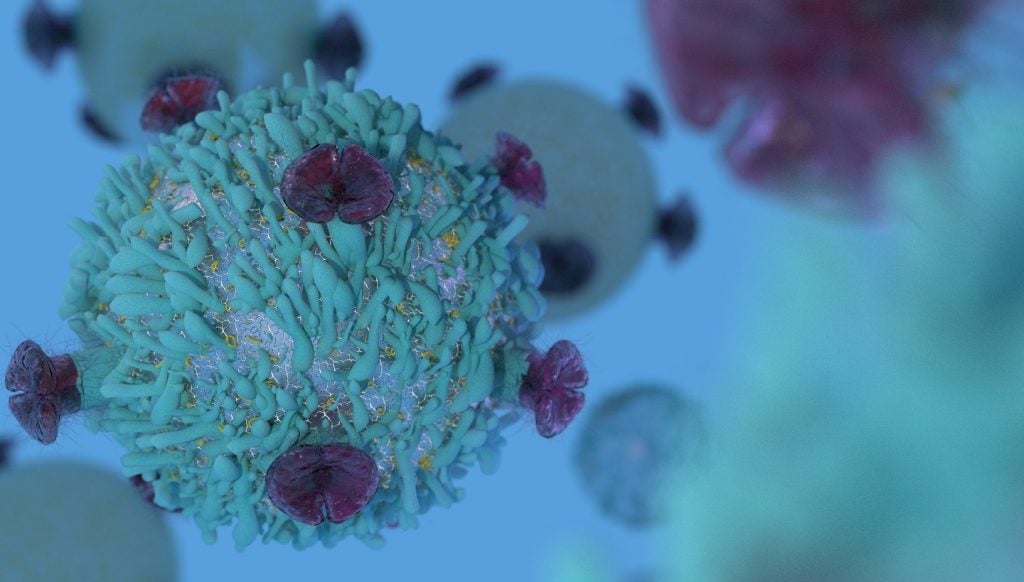
Pear Therapeutics has submitted an application to the US Food and Drug Administration (FDA) for marketing approval of its new product, Somryst.
Somryst has been designed to help treat chronic insomnia and depression in adults. Pear noted that more than 30 million adults suffer from chronic insomnia, and depression is the most common co-occurring condition.
The new digital therapeutic is meant to provide patients with personalised neurobehavioral interventions, including Cognitive Behavioral Therapy for insomnia (CBTi).
It also delivers sleep restriction via learning algorithms to mitigate insomnia severity and depression symptoms.
Pear Therapeutics president and CEO Corey McCann said: “Prescription digital therapeutics are a new treatment class that use software applications to directly treat serious disease.
“PDTs are designed to deliver evidence-based treatment anytime, anywhere, while also providing clinicians with real-time data on patient progress.”
How well do you really know your competitors?
Access the most comprehensive Company Profiles on the market, powered by GlobalData. Save hours of research. Gain competitive edge.

Thank you!
Your download email will arrive shortly
Not ready to buy yet? Download a free sample
We are confident about the unique quality of our Company Profiles. However, we want you to make the most beneficial decision for your business, so we offer a free sample that you can download by submitting the below form
By GlobalDataThe FDA filing includes data from two randomised, controlled clinical trials that studied Somryst’s effectiveness in more than 1,400 chronic insomnia patients, including 1,100 who also had depression
Patients with both the conditions received either the PDT or an attention-matched digital placebo, adjuvant to standard care, in a nine-week study.
Participants were examined at baseline, nine weeks, six months, 12 months and 18 months following treatment.
At nine weeks, the patients who received Somryst experienced a decrease in their mean Insomnia Severity Index (ISI) score to 7.27 from baseline of mean 15.92, while the placebo arm had a reduction to 13.17 from 16.23 baseline.
In addition, the PDT group had a reduction in depression severity to a mean score of 3.78 from an 8.03 baseline mean. The mean score decreased to 6.20 from a mean of 7.84 at baseline in control subjects.
It was observed that the clinical improvements were maintained to 18 months post-treatment.
Study data, published in journal Lancet Psychiatry, showed further improvements in anxiety symptoms and suicidal ideation.
Previously, Pear Therapeutics secured FDA approval for reSET and reSET-O, PDTs designed to treat substance use disorder (SUD) and opioid use disorder (OUD), respectively.






